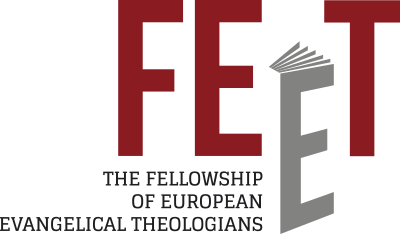Martin Luther’s “On the Freedom of a Christian” and its modern challenges
In May 2015 the first edition of Martin Luther’s treatise “De libertate christiana” from November 1520, with original handwritten notes by the Reformer himself, was discovered in a library in Selestat in Alsace. This almost 500-year old document belonged to the collection of the humanist Beatus Rhenanus (1485-1547), a friend of Erasmus of Rotterdam.
For scholarly Luther research this spectacular discovery is very significant. The surprising recovery of the original treatise is not only an important contribution to research in church history, but it reminds us of the lasting challenges of Luther’s “Treatise on Christian Liberty” for our present time. In this third of his reforming treatises of the year 1520, Luther expresses the relevance of Christian freedom in thirty theses against the background of an era when the Church dominated and regulated the lives of groups and individuals with strict rules. On the basis of the discovery of justification by grace alone, Luther points out that Christians are no longer compelled to keep God’s law, but nevertheless they freely and willingly serve God and their neighbours in love and humility. Therefore he states paradoxically, “A Christian is a perfectly free lord of all, subject to none. A Christian is a perfectly dutiful servant of all, subject to all.”
This statement remains relevant in several ways, not least in the post-modern Western society with its values of success, wealth, conformity and political correctness. Christians are called to free themselves from the values of a suppressing secular society, but at the same time Luther’s statement encourages them to take responsibility for that society in love based on the values of the Gospel.
Dr Klaus Bensel is secretary of the Fellowship of European Evangelical Theologians, pastor in Siegen (Germany), and teaches New Testament Studies at the Biblisch-Theologische Akademie Wiedenest and at the Staatsunabhängige Theologische Hochschule Basel, Switzerland.

